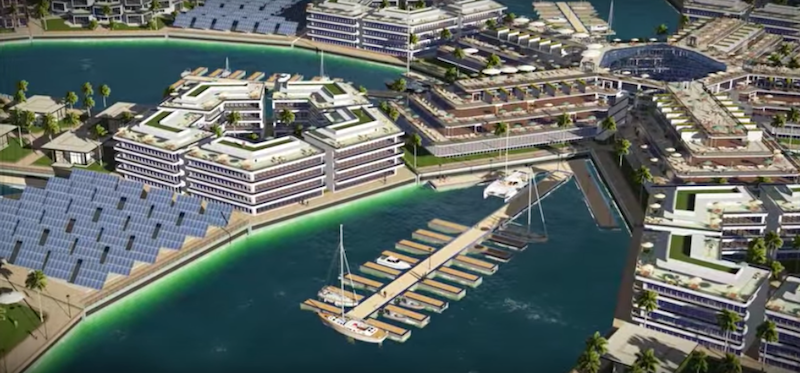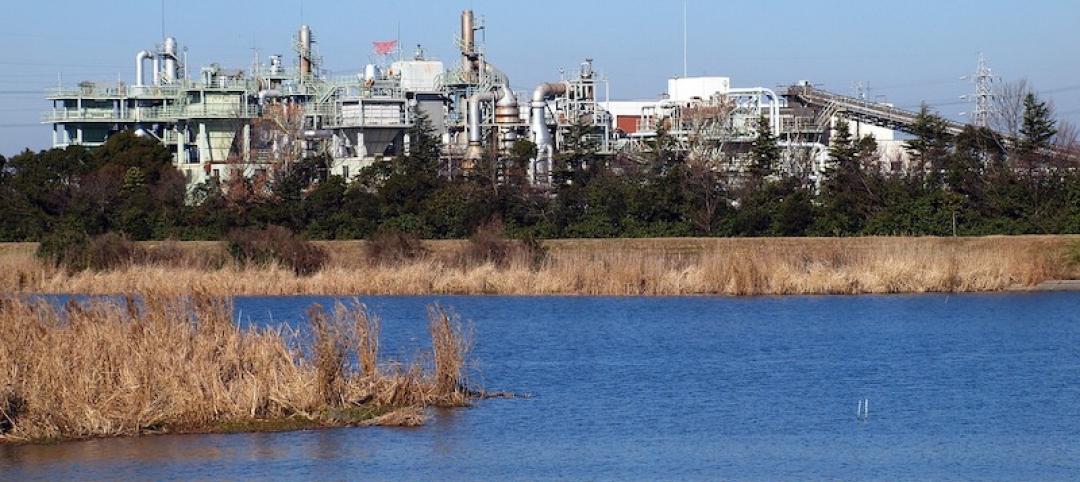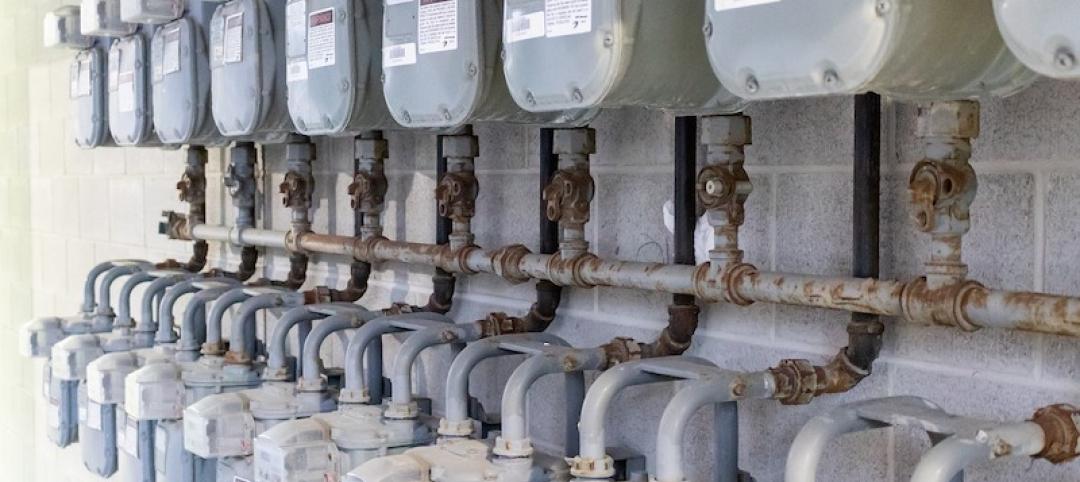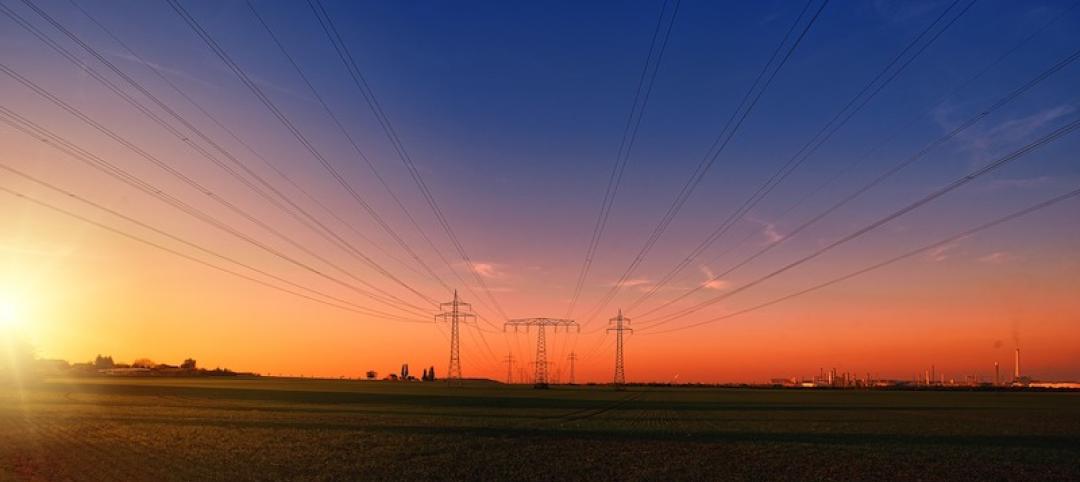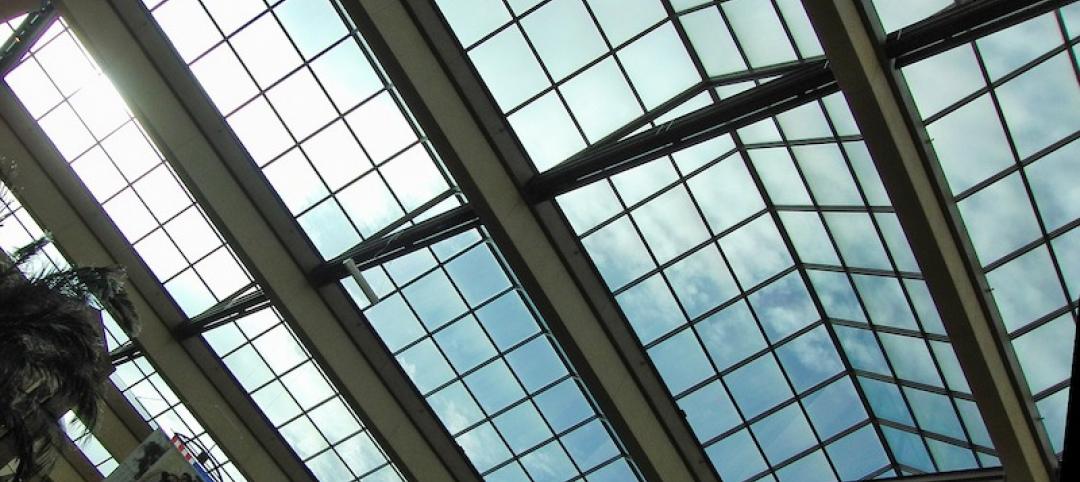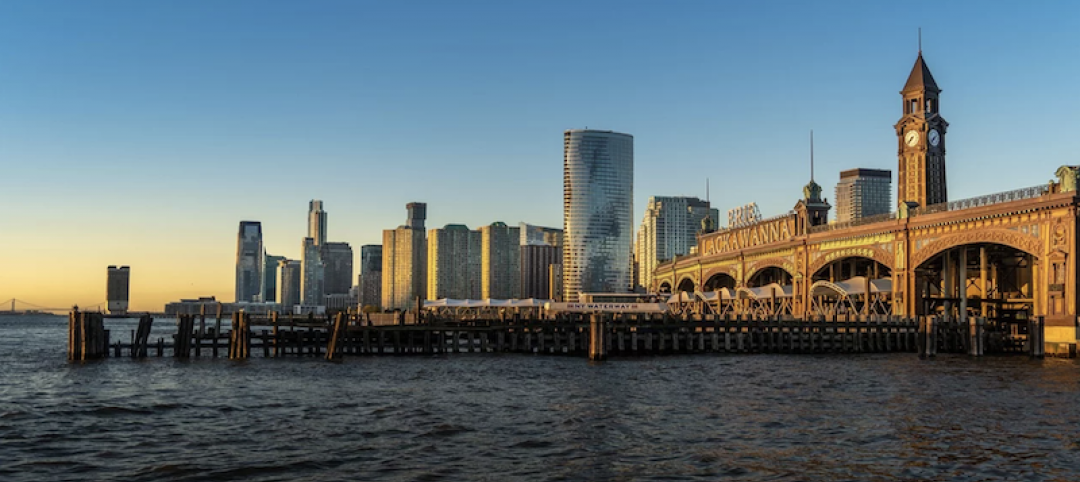The French Polynesian islands are among the most vulnerable areas in the world to flooding due to rising seas stemming from climate change.
As sea levels rise, low-lying islands around the world including French Polynesia could have portions of land overtaken by the ocean or even disappear altogether. The French Polynesian government recently signed a memorandum of understanding with San Francisco's Seasteading Institute to design the world’s floating city—a resiliency approach that has never before been attempted.
The project "opens the capability of gaining new living spaces for countries threatened by rising water levels, overpopulation, or other dangerous phenomena," the memorandum states. The concept calls for solar arrays and wave-driven turbines to power the floating community.
Construction would start in 2019, if all goes well.
Related Stories
Codes and Standards | Feb 19, 2020
Public is willing to volunteer to maintain green infrastructure
Perceived benefits make residents willing to help public works departments.
Codes and Standards | Feb 18, 2020
Recent Dept. of Energy grants emphasize grid-interactive building technology
National labs, universities, businesses selected for total of $74 million in funding.
Codes and Standards | Feb 14, 2020
At least 13 states create incentives for utilities to use demand response programs
Practice optimizes power grid, incorporates more renewable power.
Codes and Standards | Feb 13, 2020
Living Future Institute’s JUST program helps measure progress on sustainability, social justice
Functions as a transparency platform for organizations to disclose their operations.
Codes and Standards | Feb 12, 2020
Commercial Building Energy Saver Wins R&D 100 Award
Software toolkit enables access to deep energy retrofit and zero-net energy strategies.
Codes and Standards | Feb 11, 2020
Fenestration Rating Council launches faster energy performance testing system
New windows, doors, and skylights will get to market faster.
Codes and Standards | Feb 7, 2020
Landlords scramble to comply with the New York City Council’s Climate Mobilization Act (CMA)
Intent is to reduce greenhouse gas emissions; improve efficiency for buildings larger than 25,000 sf.
Codes and Standards | Feb 6, 2020
New document to determine THERM finite element modeling surface temperatures released
Process often used to predict interior surface temperatures on fenestration.
Codes and Standards | Feb 5, 2020
HUD issues guidance on emotional support animals
Clarifies the responsibilities of rental housing providers and renters.
Codes and Standards | Feb 4, 2020
New Jersey to become first state to require building contractors to consider climate change impact
Governor has seven key strategies for emissions cuts.


